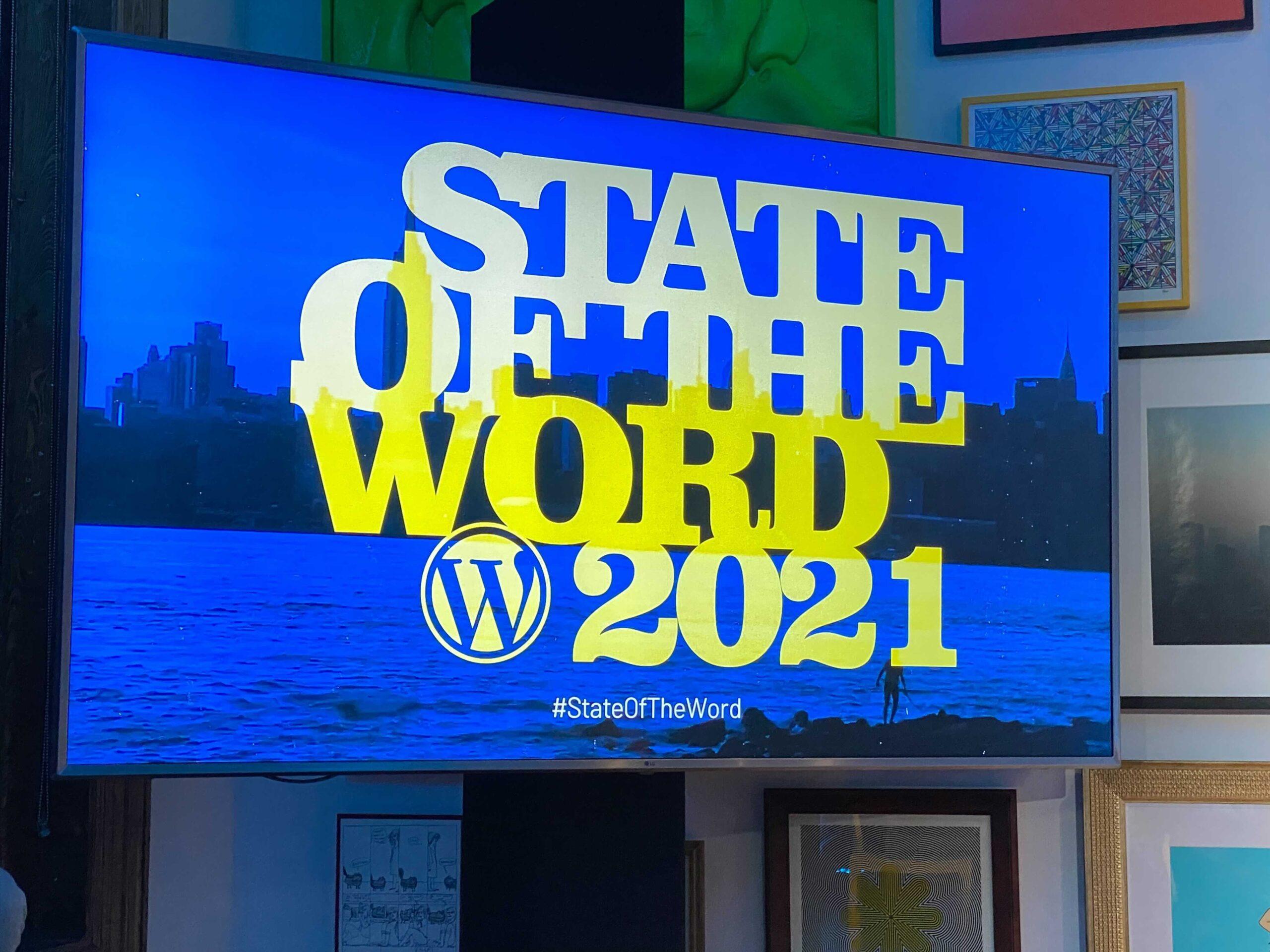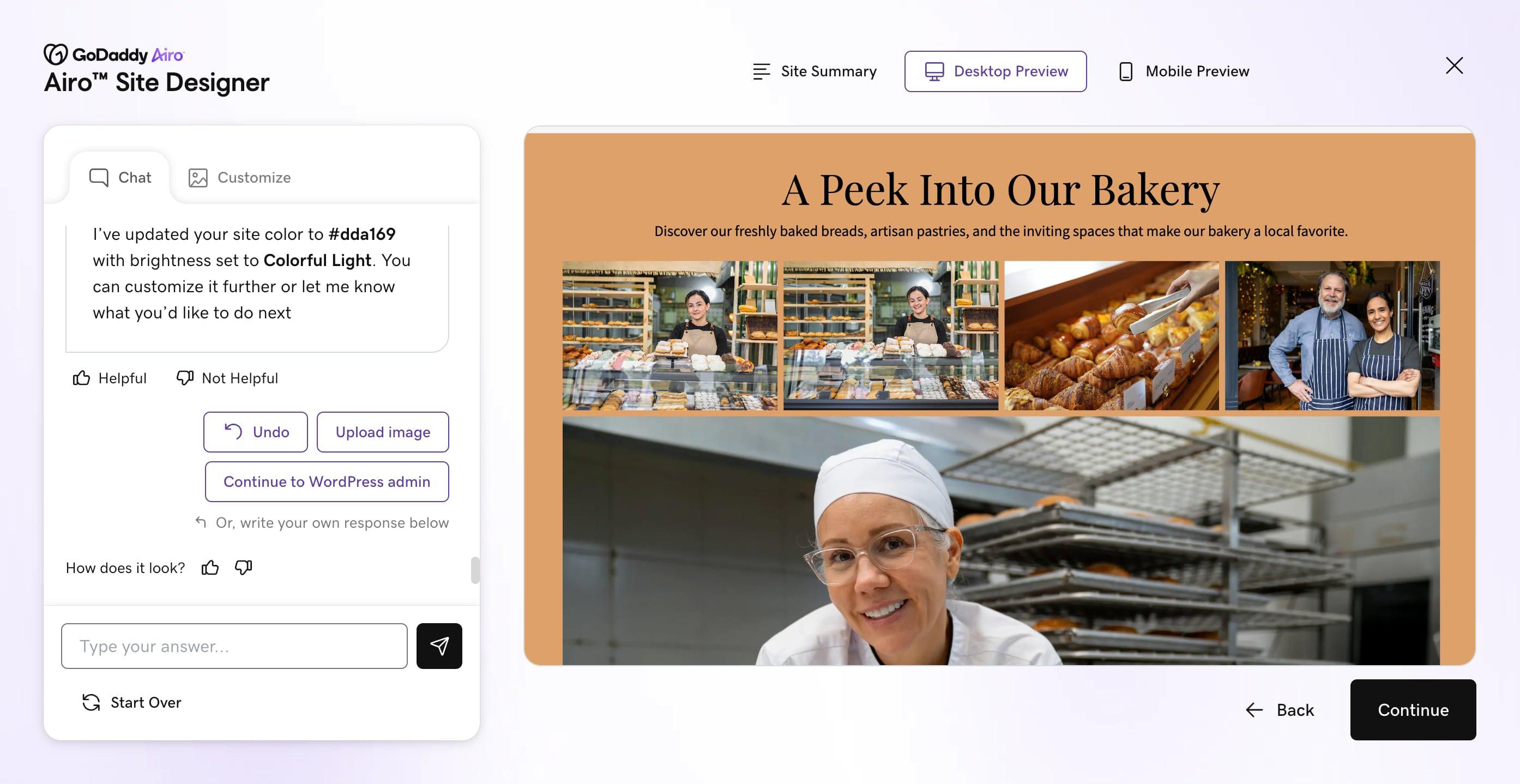Each year the WordPress project’s co-founder, Matt Mullenweg, delivers an annual keynote address. State of the Word 2021 allows us to reflect on the project’s progress and the future of open source.
You can watch the State of the Word 2021 recap here:
While this event is usually live-streamed, this year welcomed a hybrid approach at the offices of Tumblr. Adam Warner, GoDaddy Pro Field Marketing Director, was invited to attend in person.
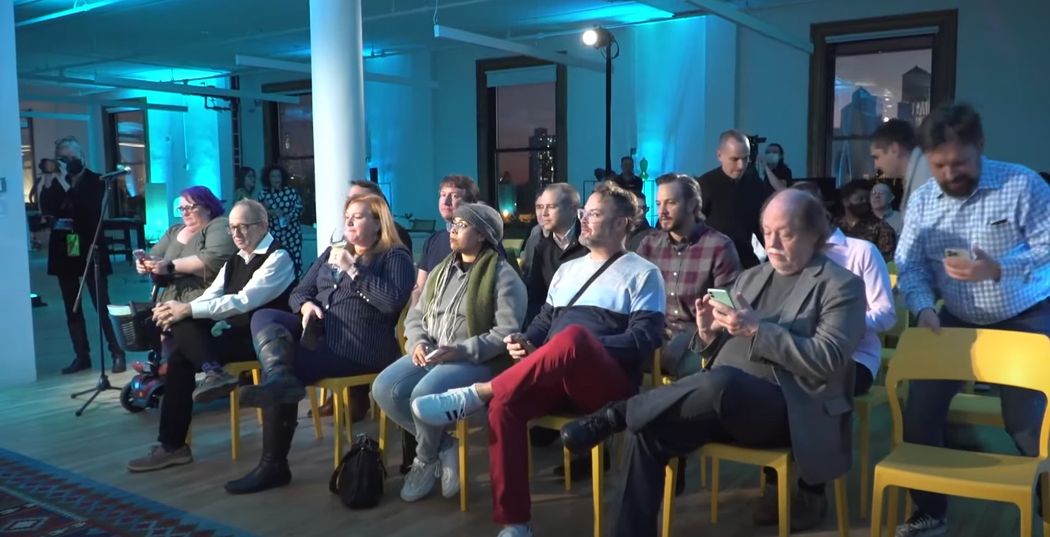
Missed the live stream? For a transcript of the replay, see The WP Minute. You can jump to the timestamps below or watch the replay at:
Introductions
Executive director of the WordPress open source project, Josepha Haden Chomphosy, kicked off the event with a short introduction.
2021 Year in review
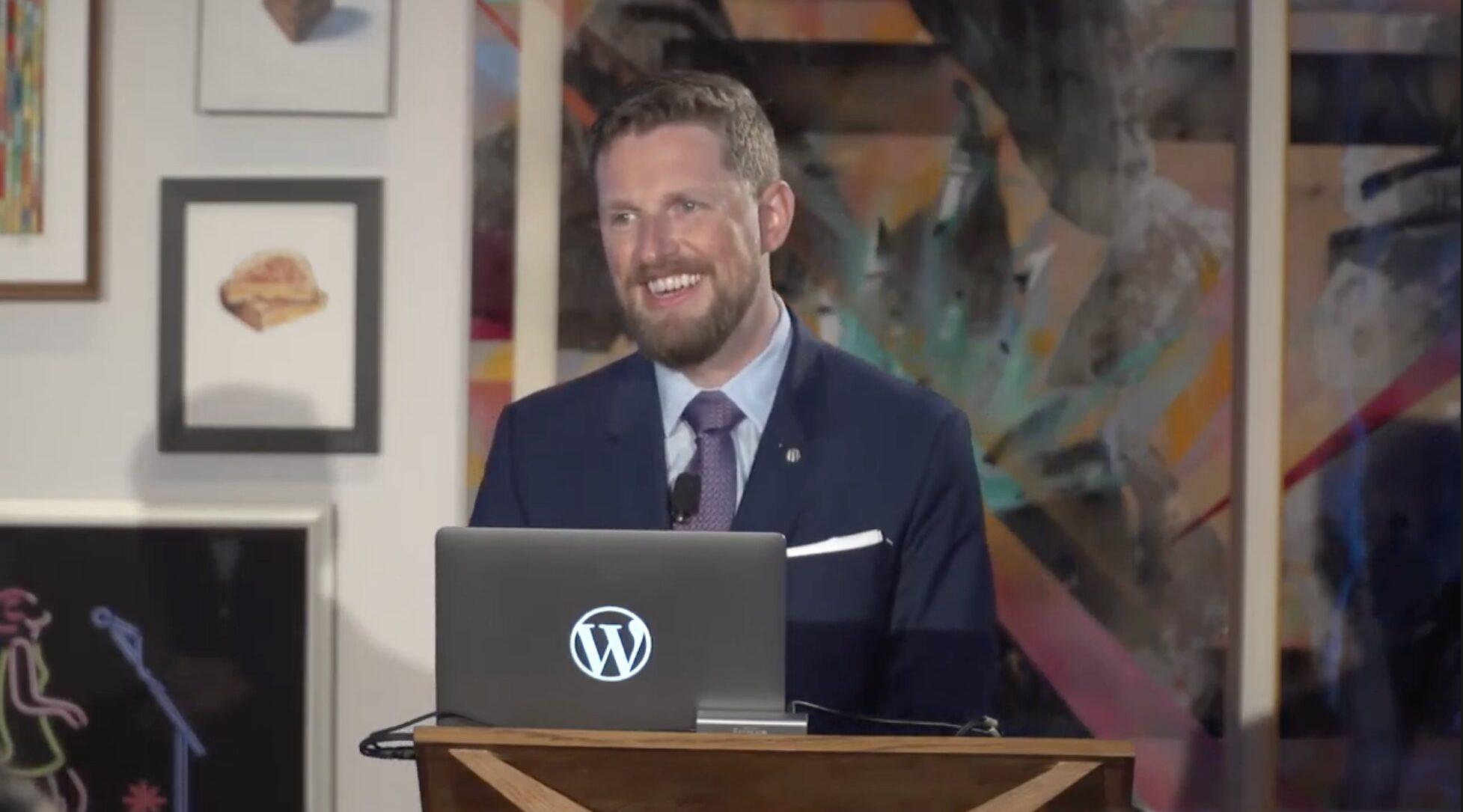
Matt shared that he had just returned from a trip to Antarctica. He likened the endurance journey of Ernest Shackleton, south pole explorer, to the WordPress 5.9 release.
In 2021, WordPress had just 2 major releases ship, with WordPress 5.7 in March and WordPress 5.8 in July. Traditionally, WordPress has four major updates per year.
However, this year saw just three versions planned to release, and WordPress 5.9 release date has been postponed until January 2022. This was an unusual move, as deadlines are not arbitrary. Yet a lively discussion in the comments of Anne McCarthy's post "Why I voted to delay WordPress 5.9" sheds light on why this move was made.
Core committers
This year, eight new core committers were added: Kelly Choyce-Dwan, David Baumwald, William Patton, Isabel Brison, Jonny Harris, Jeff Ong, JB Audras, and Tonya Mork.
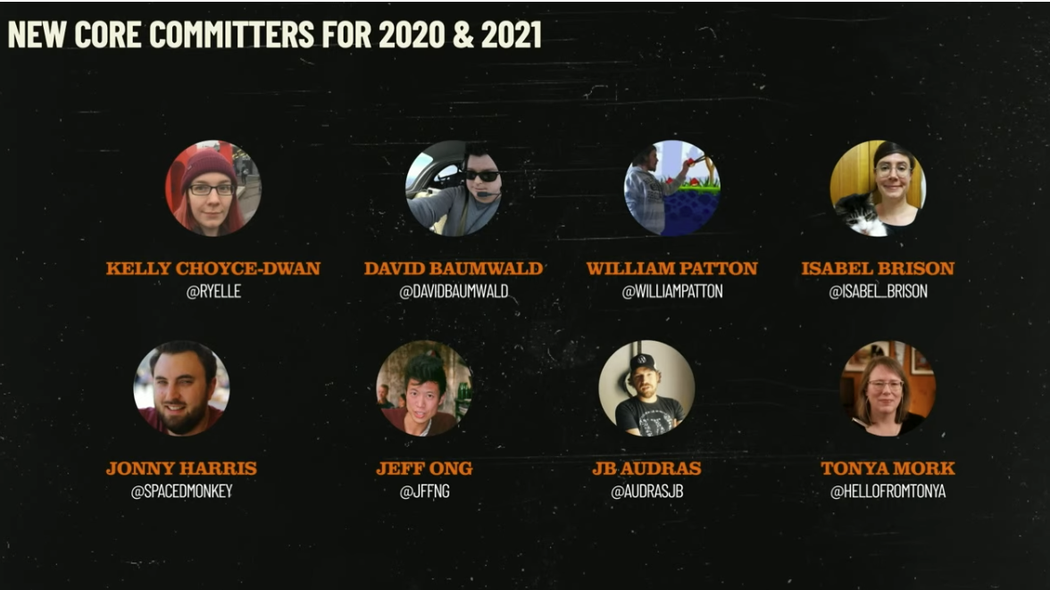
WordPress.org in 2021
- WordPress.org/News site saw fresh design efforts
- Openverse was brought into WordPress from Creative Commons Search with a large focus on audio, photos, and additional media assets available in the coming months
- WordPress Pattern Directory was launched, helping users create interesting layouts quickly. Learn more in Using Block Patterns to speed up site builds
- WordPress Photo Directory is the latest area to launch with totally open imagery used on any sites with a CC0 license.
Make WordPress projects
- Polyglots had 13,659 language packs in core and 15,900 active translators, making WordPress more accessible to the entire globe. Four new projects were added to GlotPress: Openverse, Learn WordPress, Patterns, and the Pattern Directory. GoDaddy was proud to support this work with a contingent of staff in Serbia helping subtitle the content on Learn WordPress.
- Diversity in WordPress 135 participants in 66 cities in 16 countries attended this program as WordPress seeks to increase diversity, allyship, and new speaker support.
- Learn WordPress saw 186 social learning spaces, 73 workshops, 70 lesson plans, and 2 courses, in 21 different languages. Contributors welcome
WordPress and the Internet
- WordPress now powers 43.1% of the internet, according to W3Techs, including more downloads of the software and themes to use with the software compared to 2020. Shopify has seen gains this year as well. Content Management Systems do not appear to be taking market share away from each other, but in years past the top CMS included all open-source software.
- Security efforts to the WordPress project saw increased growth this year. 30 people contributed security patches to the software. Matt shared that
Security is a process. Anyone who says they are perfectly secure is tempting fate, but as a process and the investments that we’ve put into partnerships with the host where we work with hosts, CDNs, and Cloudflare. Whenever we are aware of something, we actually work with them first to protect WordPress sites often at the network edge or at the host or data center edge.
New features in WordPress
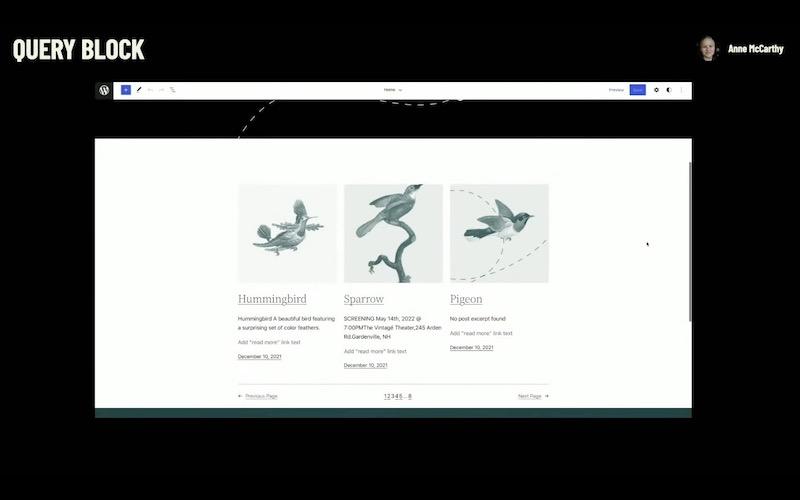
- Block themes grew from just 2 themes in 2020 to 28 themes available in 2021. Themes that can be customized entirely with the Block Editor are considered to be block-based themes. Get a preview in Navigating Full Site Editing
- Widgets in the sidebar can now be managed with the Block Editor. Learn more in Using Block-based Widgets on your clients’ sites
- Query block launched to show previews of posts as blocks. Learn more in How to use the Query Loop Block to create custom WordPress layouts
- Duotone filters also launched to help you create unique images on your website. Get a deeper look at how to use Duotone filters
- WordPress 5.7 had 481 contributors, 24% were new
- WordPress 5.8 had 530 contributors, with 25% new
WordPress 5.9
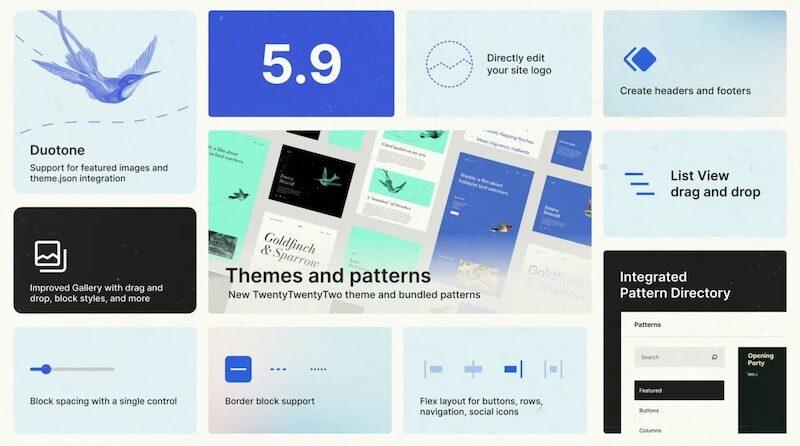
Matt shared a few demos about the features coming to WordPress 5.9.
- Themes created and edited with blocks
- Styles enable users to change all the visual elements of a site in one location
- Patterns create different looks in areas like headers and footers
The future of WordPress
As WordPress looks back on 18 years of growth and looks to the road ahead, Matt shared a renewed commitment to the open web.
Web3 and WordPress
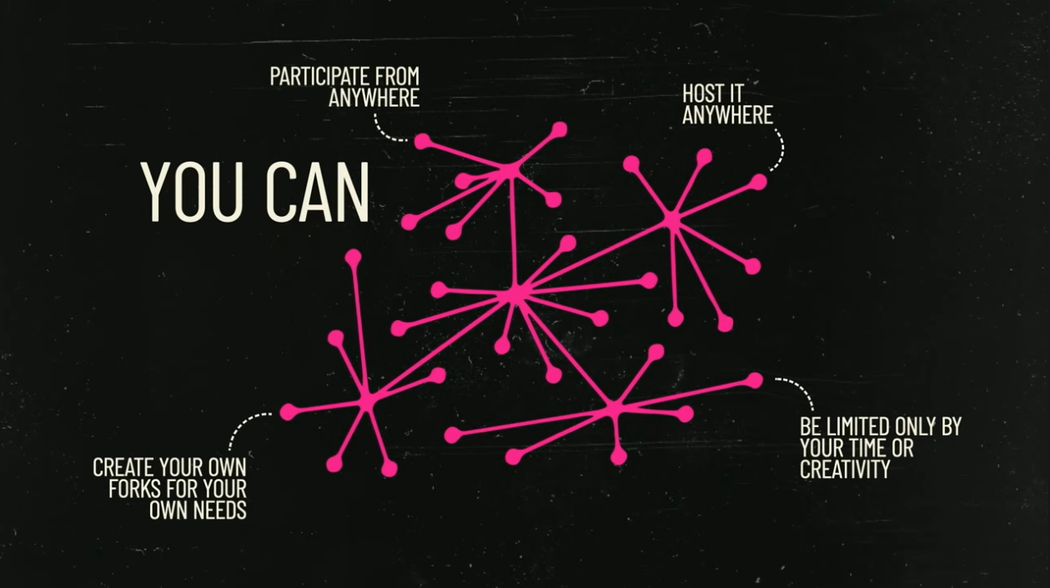
Is Web3 just a buzzword? Matt focused Web3 down to two topics, decentralization and individual ownership. WordPress is well poised to already be doing and continue doing for some time to come.
- Decentralized: WordPress and open source, in general, encourage participation from anywhere. You are only limited by time and creativity.
- Individual ownership you own the content and can move it anywhere you'd like, without any payment to WordPress. You can fork the project and make it your own. You also have the four freedoms of open source and the GPL.
Matt did ponder if everything in Web3 and NFT adhere to the same freedoms as WP, encouraging us to think about how the freedoms are applied.
Acquisitions
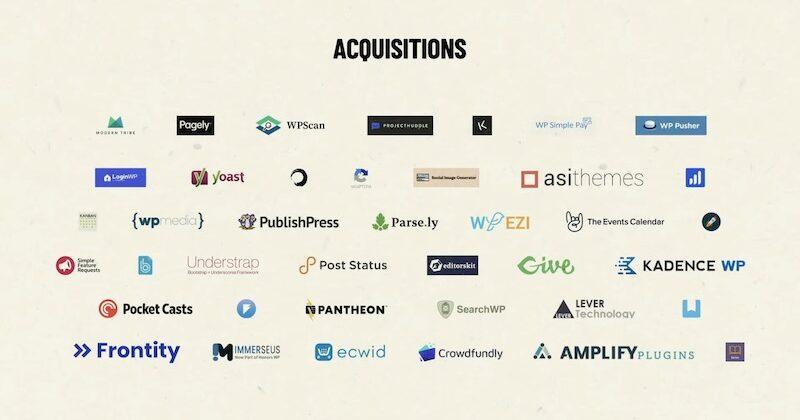
In the past year, 42 acquisitions have occurred in WordPress. You can get a look at the longer history of WordPress acquisitions in the Post Status Acquisition Counter.
While in the WordPress industry, the amount of acquisitions has noticeably risen, in the tech industry in general, this is more common. The global mergers and acquisitions are up year over year.
Five minutes on Five for the Future
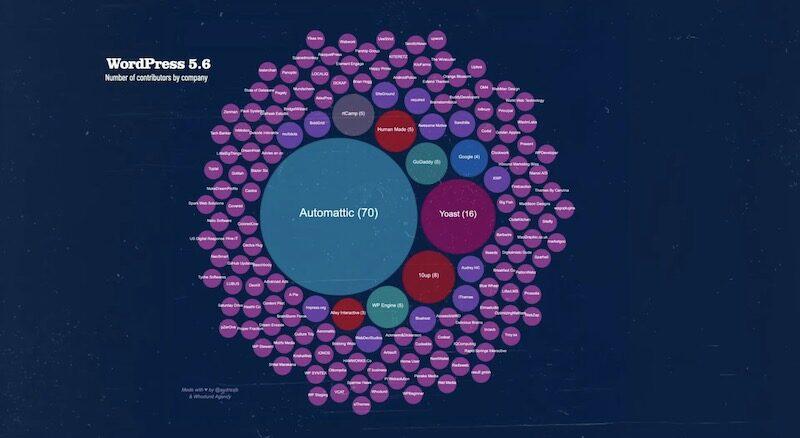
Matt shared that it is a myth that "The larger the company, the greater the influence". The impact that a company has in the future of WordPress is not related to the size of the company. Instead, Matt envisions a future of what contributing to the project could look like.
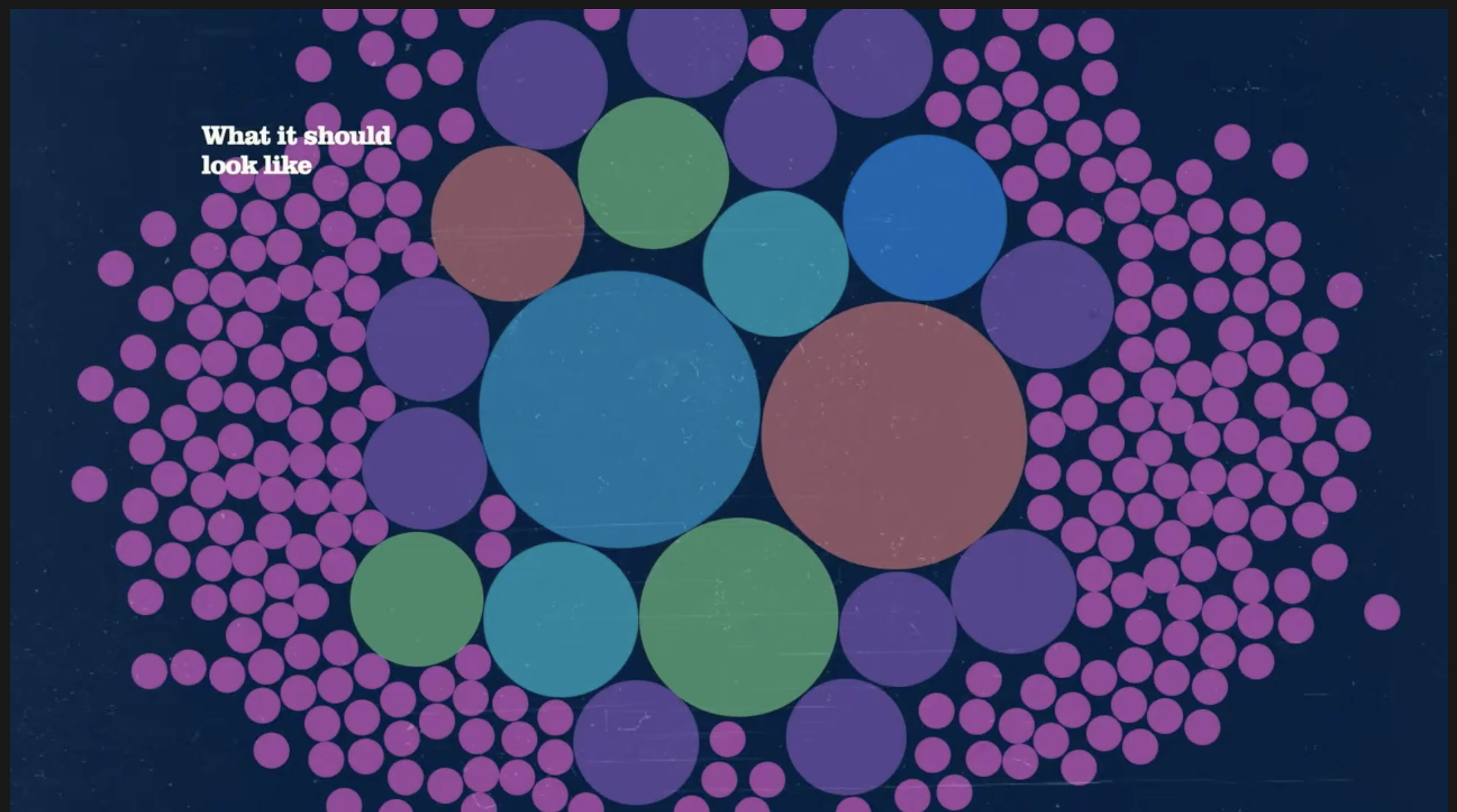
Launched in 2014, Five for the Future encourages organizations to contribute five percent of their resources to WordPress development. WordPress co-founder Matt Mullenweg proposed this benchmark to maintain a “golden ratio” of contributors to users.
In the global economy, having only a few folks to maintain the work can be a precarious situation. The way to avoid that in WordPress is to ensure more contributors are available to maintain the project. For comparison, this would look like 2 hours given back to the project per week.
Interested in opportunities to participate? Check out these Five Ways to Participate in Five for the Future.
Democratizing publishing
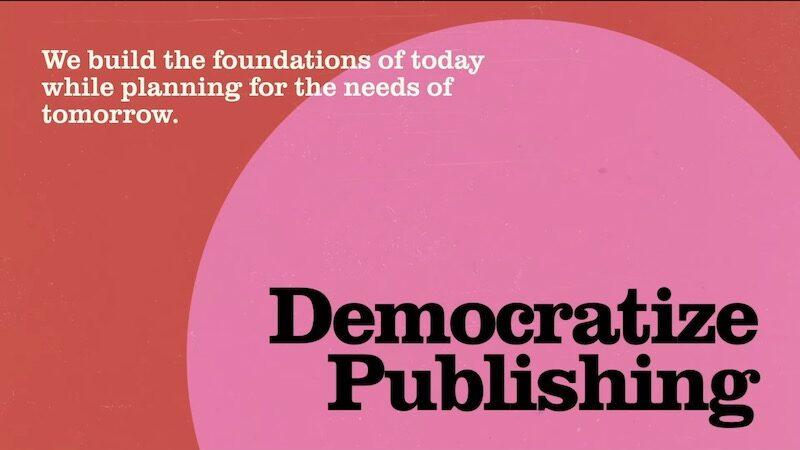
The software that makes WordPress belongs to each of us as much as any other. It is made available globally, in as many languages as possible, regardless of economic activity, and as accessible as possible.
Four phases of Gutenberg
We are now almost halfway through the Gutenberg Project rollout. Matt shared that we will remain in the customization phase for some time yet, as we create more themes and patterns. Per the WordPress Roadmap:
- Easier Editing — Already available in WordPress, with ongoing improvements
- Customization — Full Site editing, Block Patterns, Block Directory, Block based themes
- Collaboration — A more intuitive way to co-author content
- Multi-lingual — Core implementation for Multi-lingual sites
How has WordPress helped grow your story?
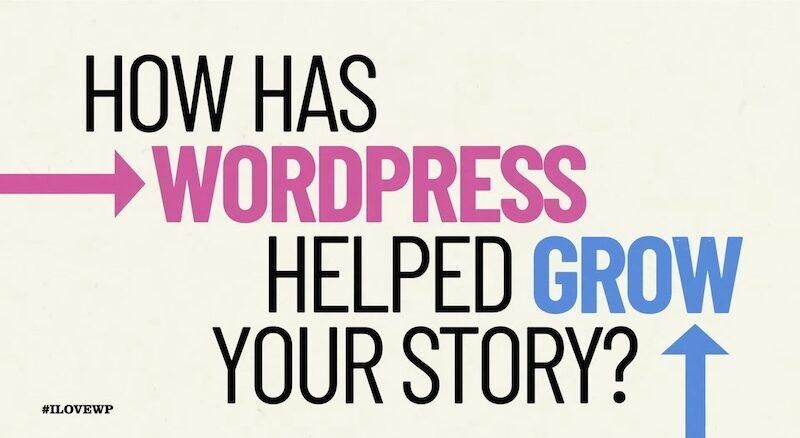
The WordPress Testimonials page is being revamped, and looking for social posts sharing the #ILOVEWP hashtag to include. Share your story to submit something to the page.
Additionally, Matt shared the resource, HeroPress, which features stories of WordPress contributors around the globe.
WordCamp US 2022
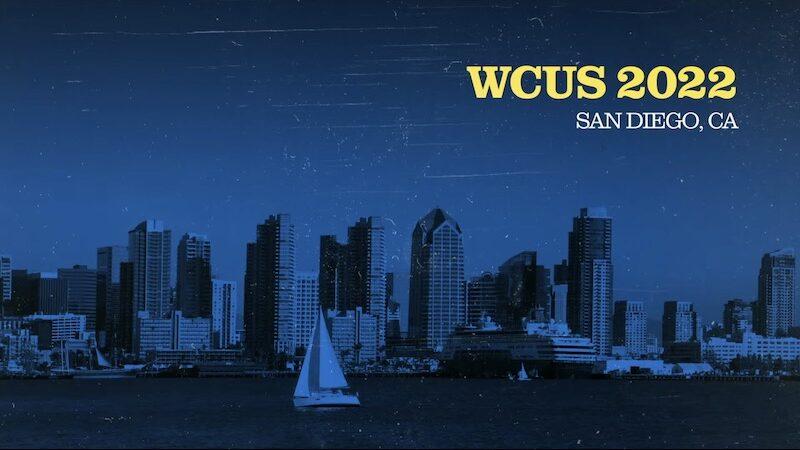
WordCamps are coming back in person. WordCamp US will happen in San Diego, CA in September.
Live questions and answers
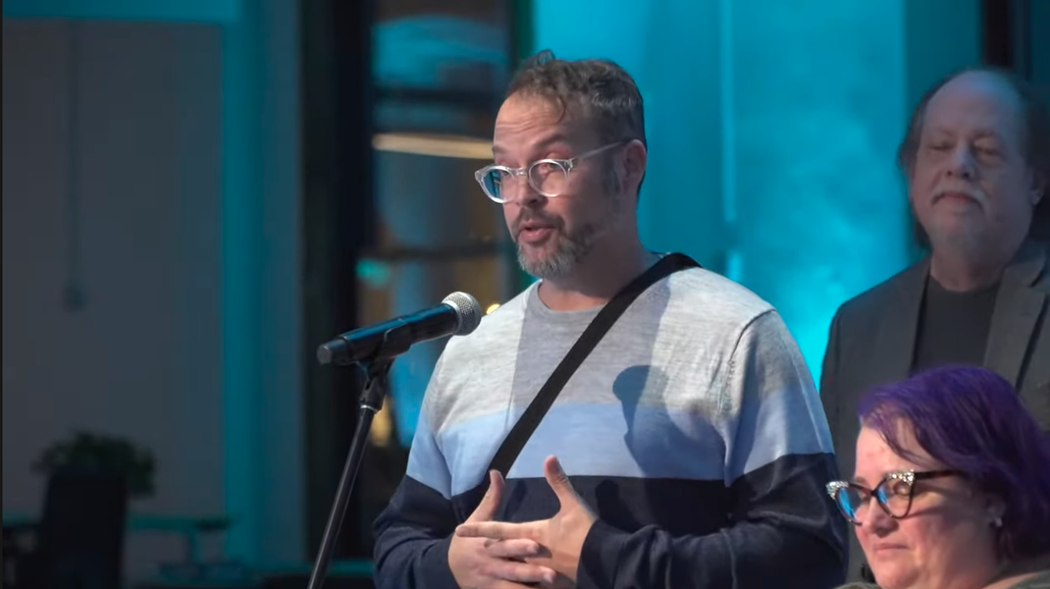
Adam asked Matt to speak about privacy considerations planned for Openverse. Matt clarified that there are two directories.
- Openverse is like a search engine
- WordPress Photos is a separate directory and will be moderated to ensure it has no human faces or copyrighted material.
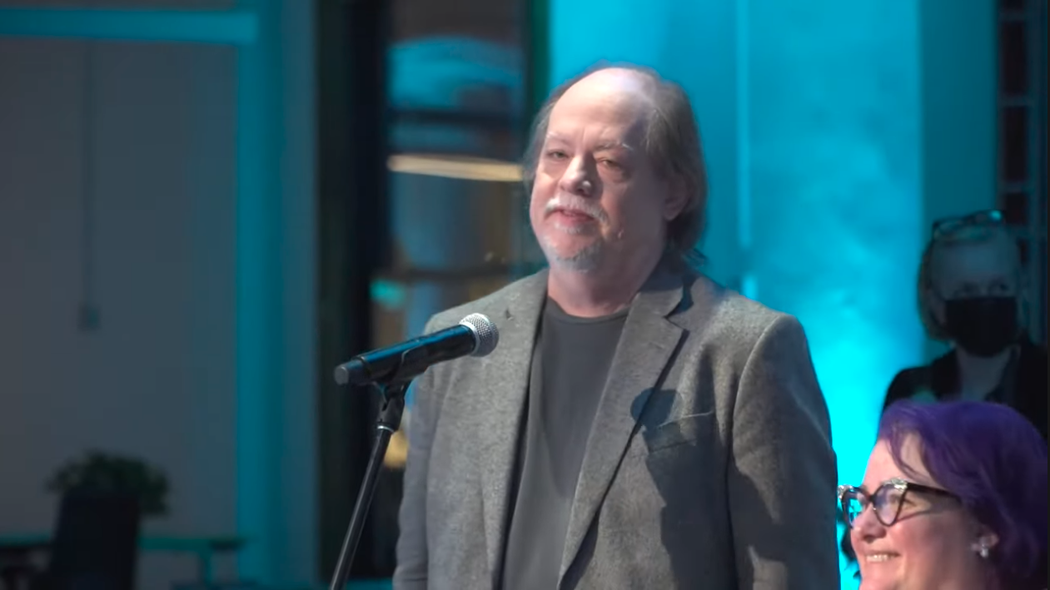
Bob Dunn, of DoTheWoo, had a unique journey to attend this event. Bob organized a sponsored train ride across the country to be in person for this event, and along the way has been podcasting and connecting with WordPress community members.
Bob asked Matt to share more news about the future of WooCommerce. Largely the takeaway is that Matt wants it to be one of the best examples of how to use Gutenberg. It is an important note for 3rd party plugins to consider how WooCommerce will shift in the year ahead, and how that can impact extensions.
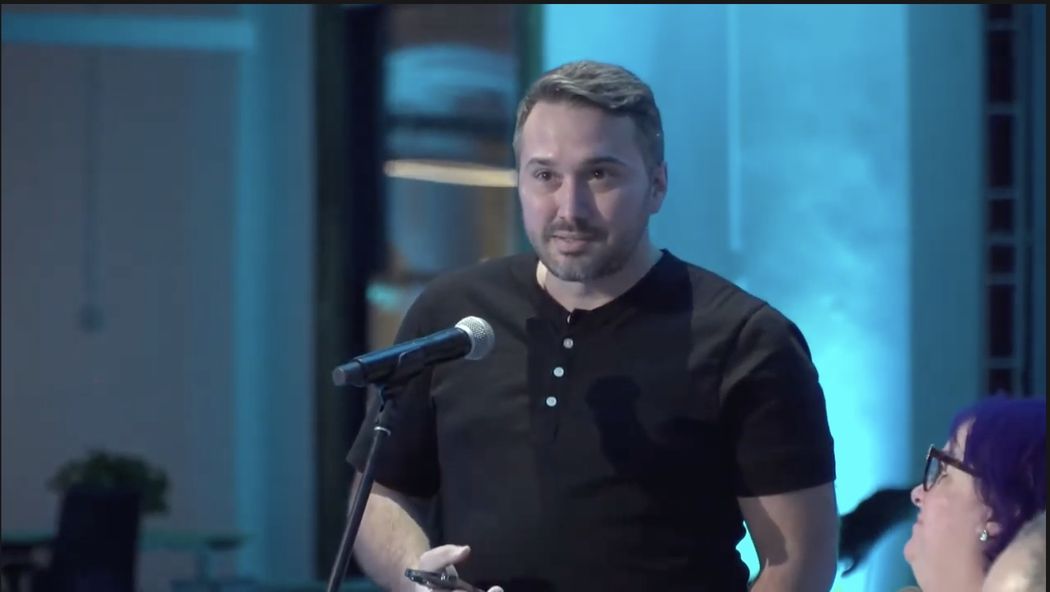
Rich Tabor asked Matt about having a Styles directory in WordPress. Matt cited building out theme.json more and then increasing CC0 media in the form of photos, videos, and typography. Themes evolving can be a bit of a mystery. Eventually, Matt sees an API open to any platform of these styles.
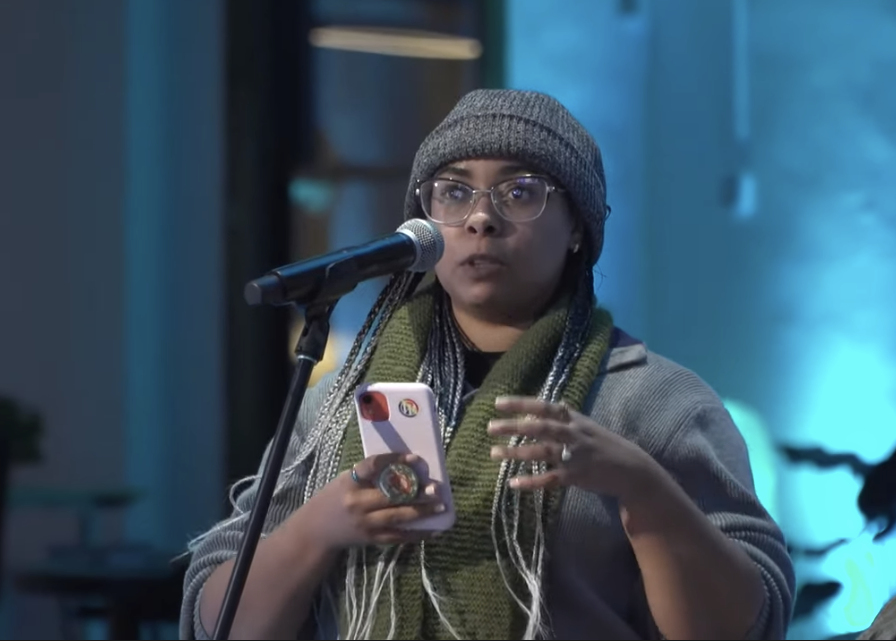
Allie inquired about the future of WordPress and how we increase a younger contributor audience. Matt shared
Everything I was using was created by someone who wasn’t that much different from me or people I knew. There are crafts that can be developed when you focus on an area. There’s so much you can learn about pretty much any area you are passionate about. The things I use and love were created by people not that much different than me.
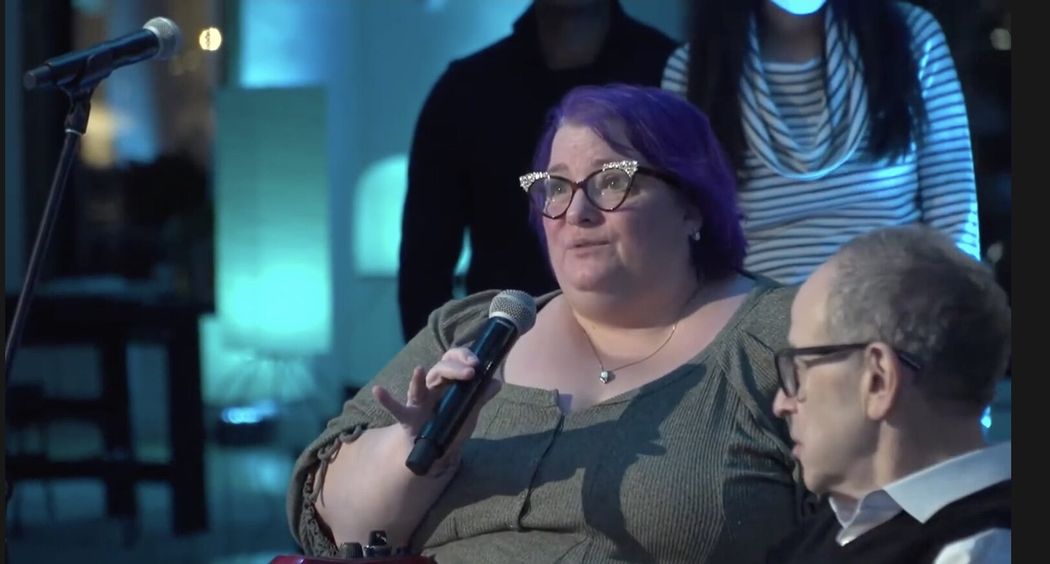
When Michelle Frechette asked Matt to speak about increasing younger contributors and youth in WordPress, Matt encouraged helping youth to use the tools and learn how to build the web. He encouraged adults to mentor youth in these areas.
Other questions were asked as well. Be sure to catch the replay links below to get to each question.
Timestamps of the replay
- Growth
- Security
- Updates & Improvements (widget blocks, query block, and duotone demos by Anne McCarthy)
- New committers to WordPress (5.7, 5.8, 5.9)
- New in WordPress 5.9 (block themes, style, and pattern improvements)
- The Future of WordPress
- Web3 and the Decentralized Web
- Acquisitions
- Contributions by company
- Five Minutes on Five for the Future
- Democratizing Publishing
- Four Phases of Gutenberg
- Refresh the Commons
- WCUS 2022 Announcement (San Diego, CA)
- Q&A
- What safety measures will need to be considered for Openverse? (Adam Warner)
- What can you tell us about WooCommerce? (Bob Dunn)
- Are there plans to create a "styles" directory? (Rich Tabor)
- What advice do you have for young folks entering into WordPress? (Allie Nimmons)
- What are we doing to bring in young folks to WordPress? (Michelle Freschette)
- Thoughts on WordPress in virtual reality? (unknown)
- What are you doing with this physical space in New York? (Bud Kraus)
- What can we expect with Gutenberg collaboration? (Anil)
- How do we make WordPress more user-friendly? (Taco Verdonschot)
- What can WordPress do to protect small publishers? (Sarah Gooding)
- What can you tell us about efforts to dual-license Gutenberg? (Aaron Jorbin)
- Are you interested in the future of internet art? (Rachel Winchester)
- Final wrap-up
